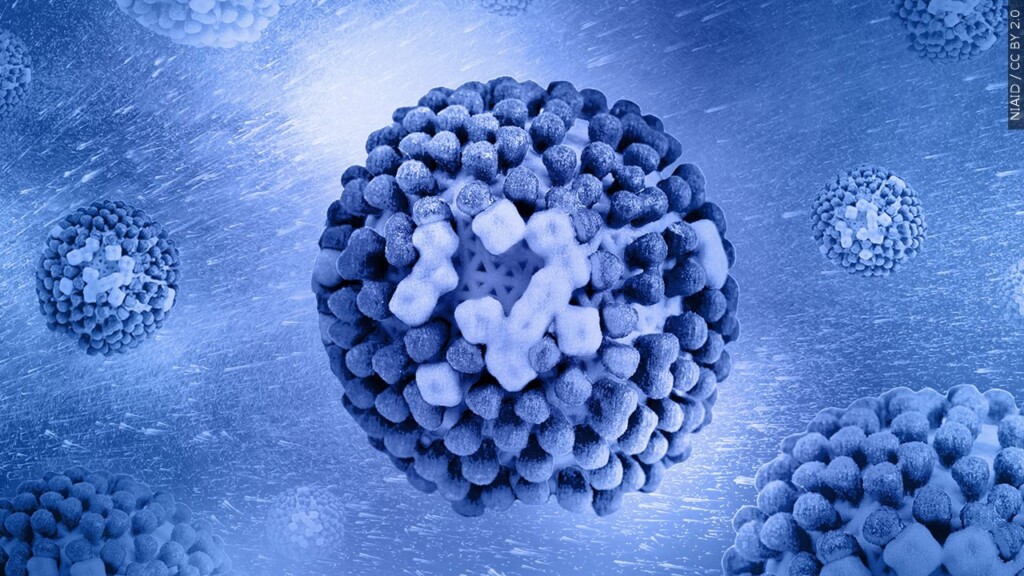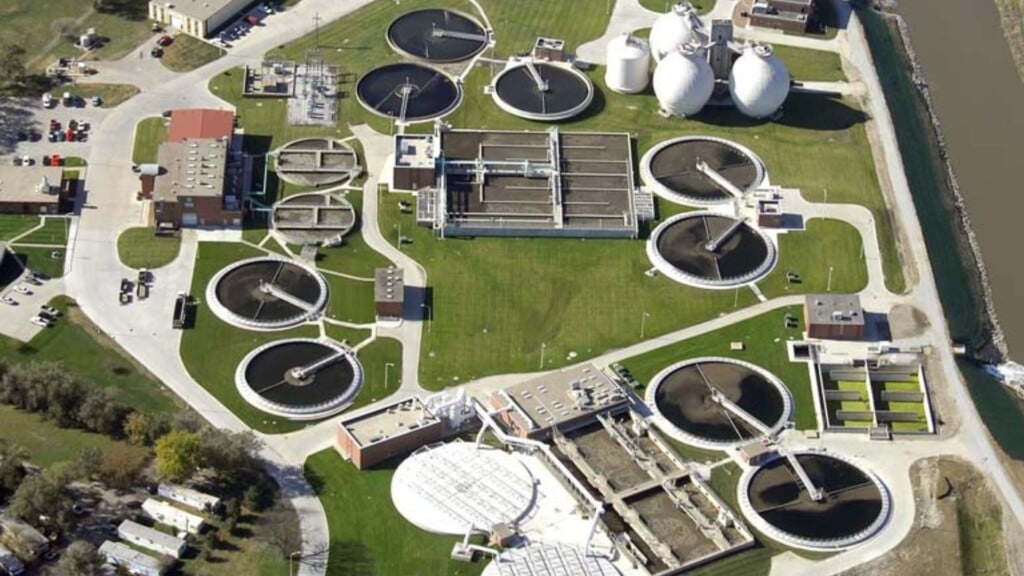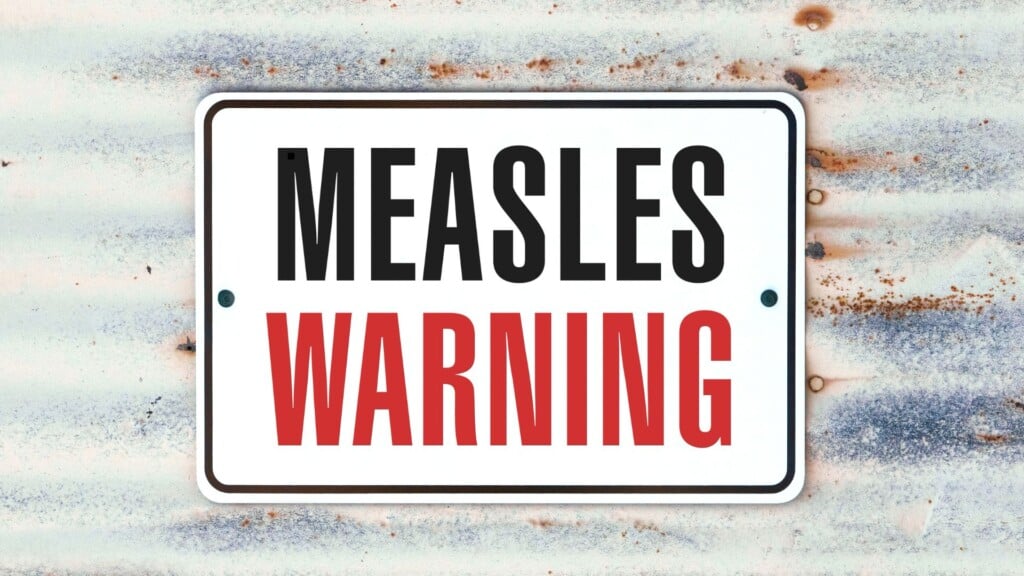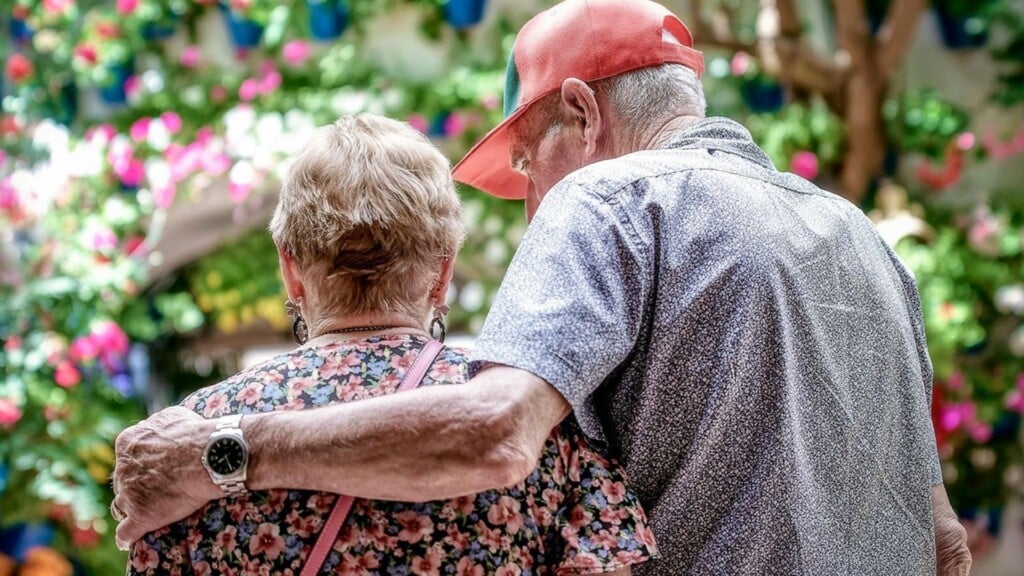DHHS urges families to protect children against more than just coronavirus
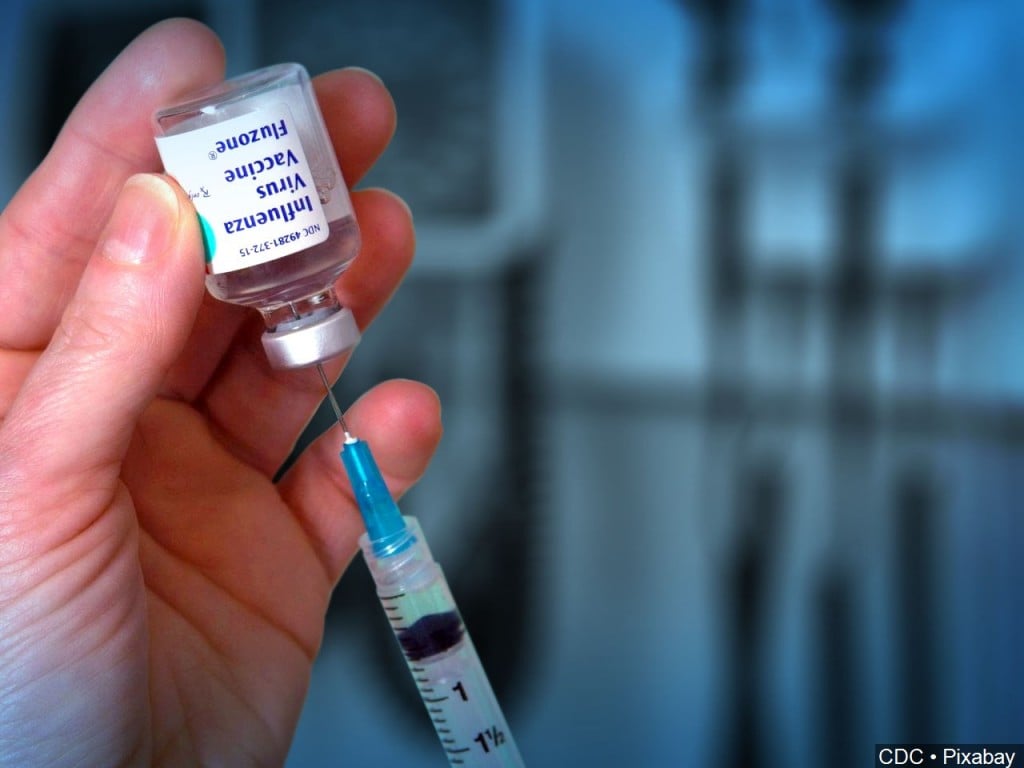
LINCOLN, Neb. (KLKN) – Wednesday the Nebraska Department of Health and Human Services (DHHS) announced August is National Immunization Awareness Month. With this in mind, they are urging Nebraska families to catch up on childhood immunizations and to plan on getting flu vaccine this fall.
Regardless of whether children attend school in-person or virtually, parents are encouraged to schedule well-child visits and ensure children and youth are up-to-date on immunizations.
“The pandemic understandably impacted childhood immunizations rates, but this is the moment to catch up,” said Dr. Gary Anthone, Chief Medical Officer and Director of Public Health for DHHS. “Ensuring children get all their immunizations is one of the most effective ways to protect them from serious diseases that are easily spread and often require medical care.”
Compared to 2019 rates, from January to June, Nebraska immunizations for these months in 2020 are down almost 6 percent for children under two-years-old, 27 percent for children ages two to seven, and 30 percent for youth ages seven to seventeen.
In addition, DHHS encourages Nebraskans to get the flu vaccine this year to help limit the spread of respiratory illnesses, lower the need for medical visits and hospitalizations, and reduce strain on the health care system.
Dr. Anthone said, “Our medical community will continue to be challenged in the coming year. Making sure childhood immunizations are up-to-date and getting the flu vaccine are two additional ways Nebraskans can help ensure they stay well, protect their families, and reduce the potential burden on health care providers in the midst of the pandemic. It’s essential preventive care.”
According to the DHHS, the required and recommended vaccines for children and adolescents include:
Elementary – state law requires children enrolling in kindergarten or first grade (depending on their school district’s entering grade) and transfer students have proof of receiving the following vaccinations:
- three doses of hepatitis B vaccine
- three doses of diphtheria, tetanus and pertussis vaccine (DTaP)
- three doses of poliovirus vaccine (IPV)
- two doses of measles, mumps and rubella vaccine (MMR)
- two doses of varicella (chickenpox) vaccine
Middle School/Junior High through High School – Youth entering seventh grade and transfer students must have all of the above vaccinations, as well as a Tdap pertussis booster. In addition, the CDC recommends one dose of meningococcal vaccine for eleven and twelve-year-olds, and two doses of human papillomavirus vaccine, which prevents various cancers. A second dose of meningococcal vaccine is recommended at the age of sixteen.
College – The CDC recommends a meningococcal vaccine for first-year college students, particularly those living in residence halls, and those who may not have received their second dose at age sixteen. The vaccine helps prevent bacterial meningitis among other serious illnesses.
Child Care/Pre-K – Children enrolled in licensed child care and school-based pre-K programs also need to be up-to-date with age-appropriate immunizations.
DHHS operates the Vaccines for Children (VFC) program, which provides vaccines to eligible uninsured, underinsured, American Indian, and/or Medicaid-enrolled children at no or low cost at various providers throughout the state. For more information, click here.
Parents can access immunization records online if a child’s health care provider participates in the Nebraska State Immunization Information System. Click here for the link.
You can find more vaccination information on the DHHS Immunization Program website or by calling 402-471-6423.
